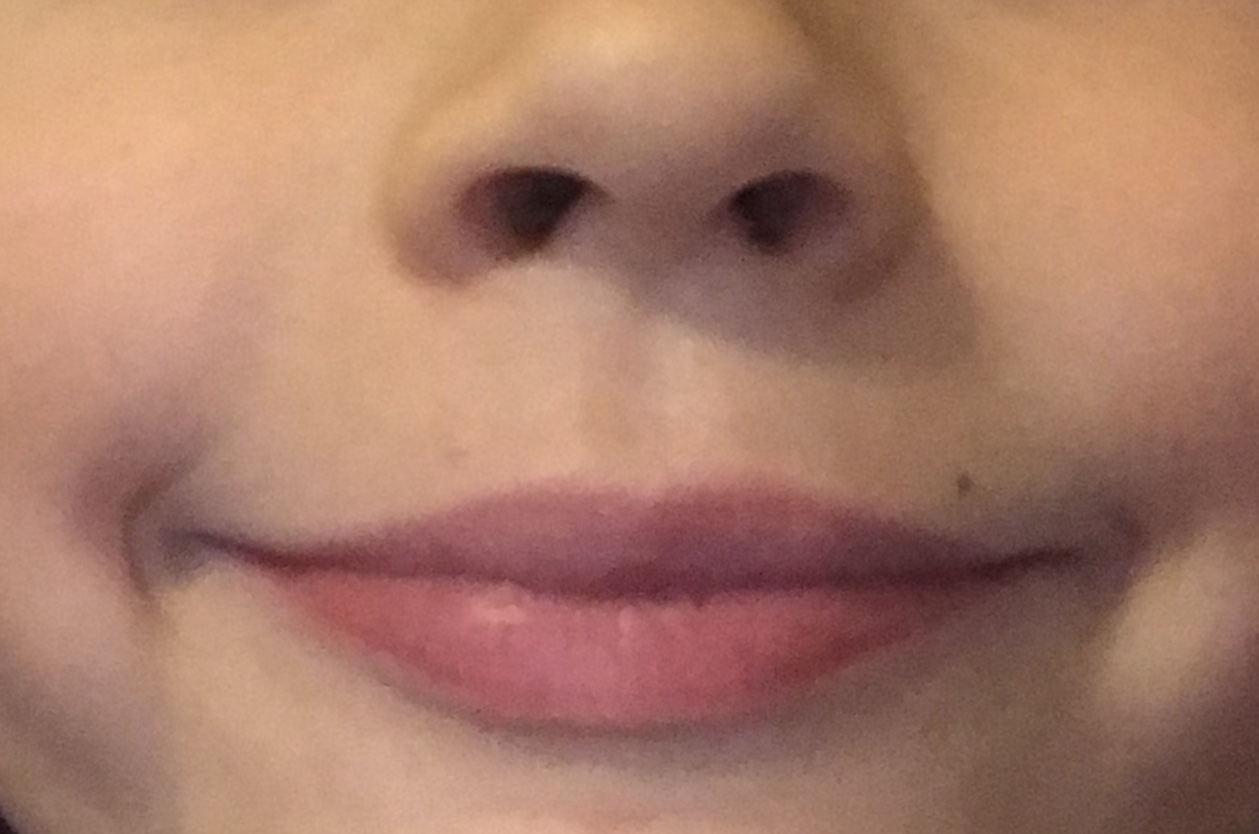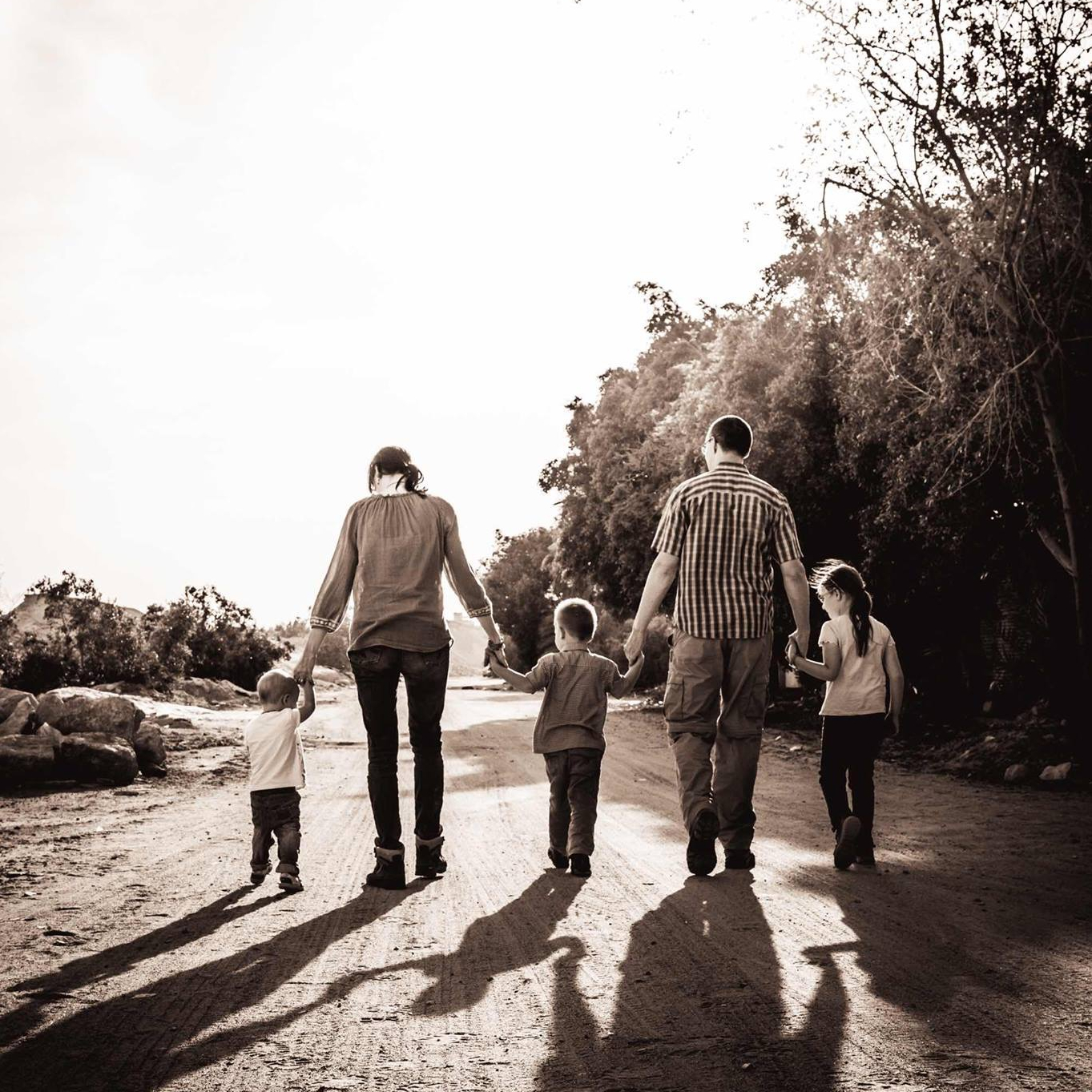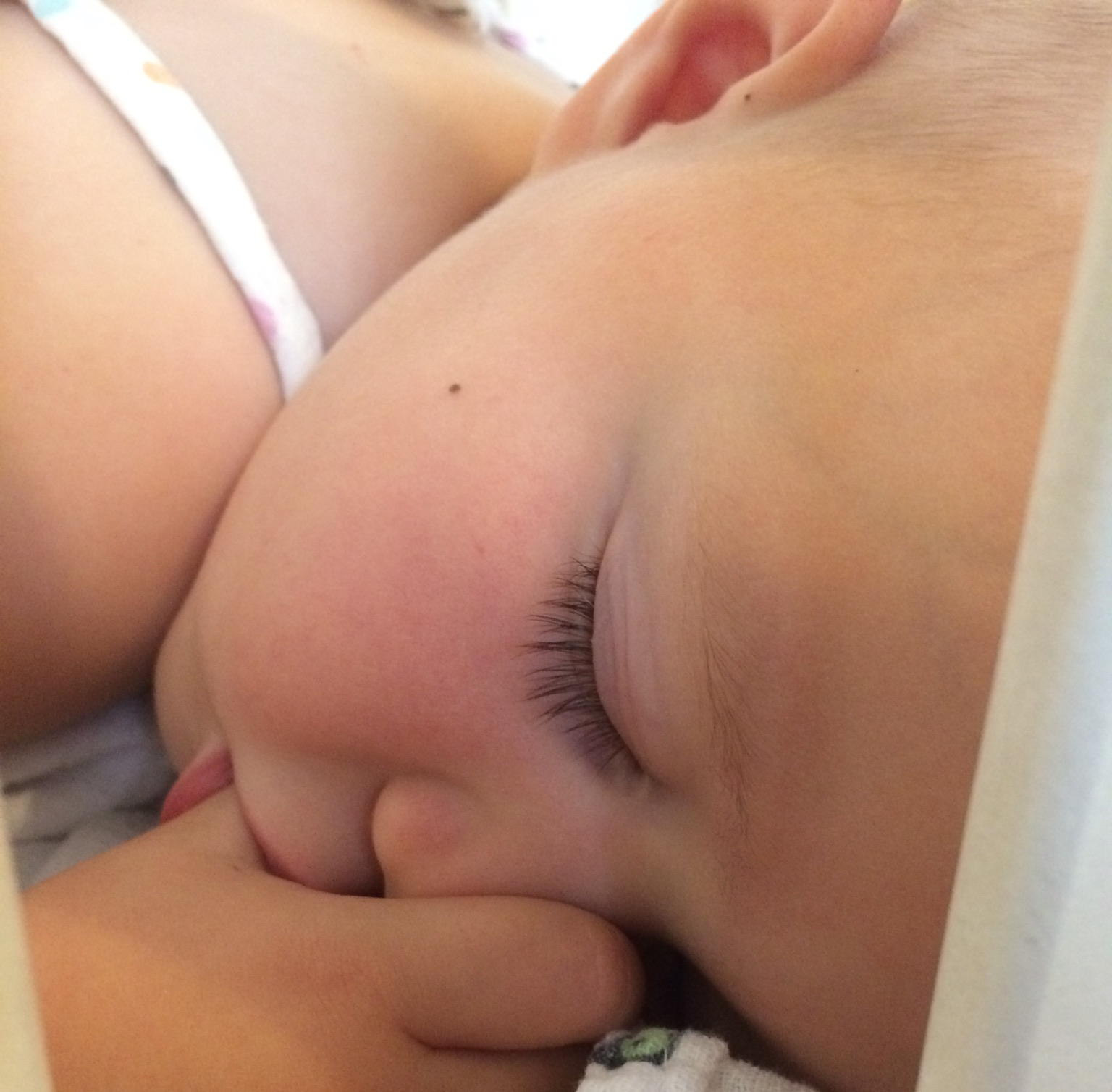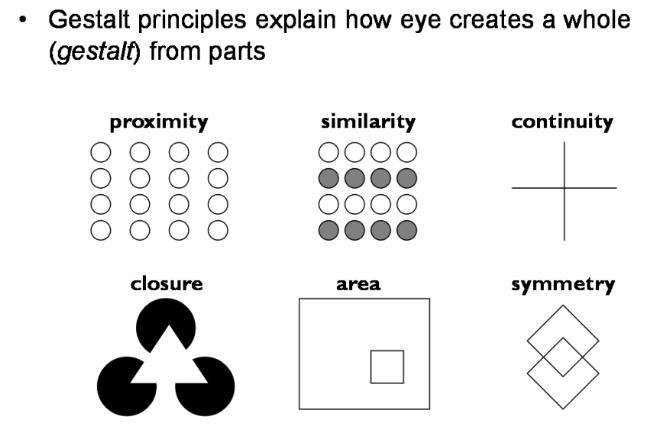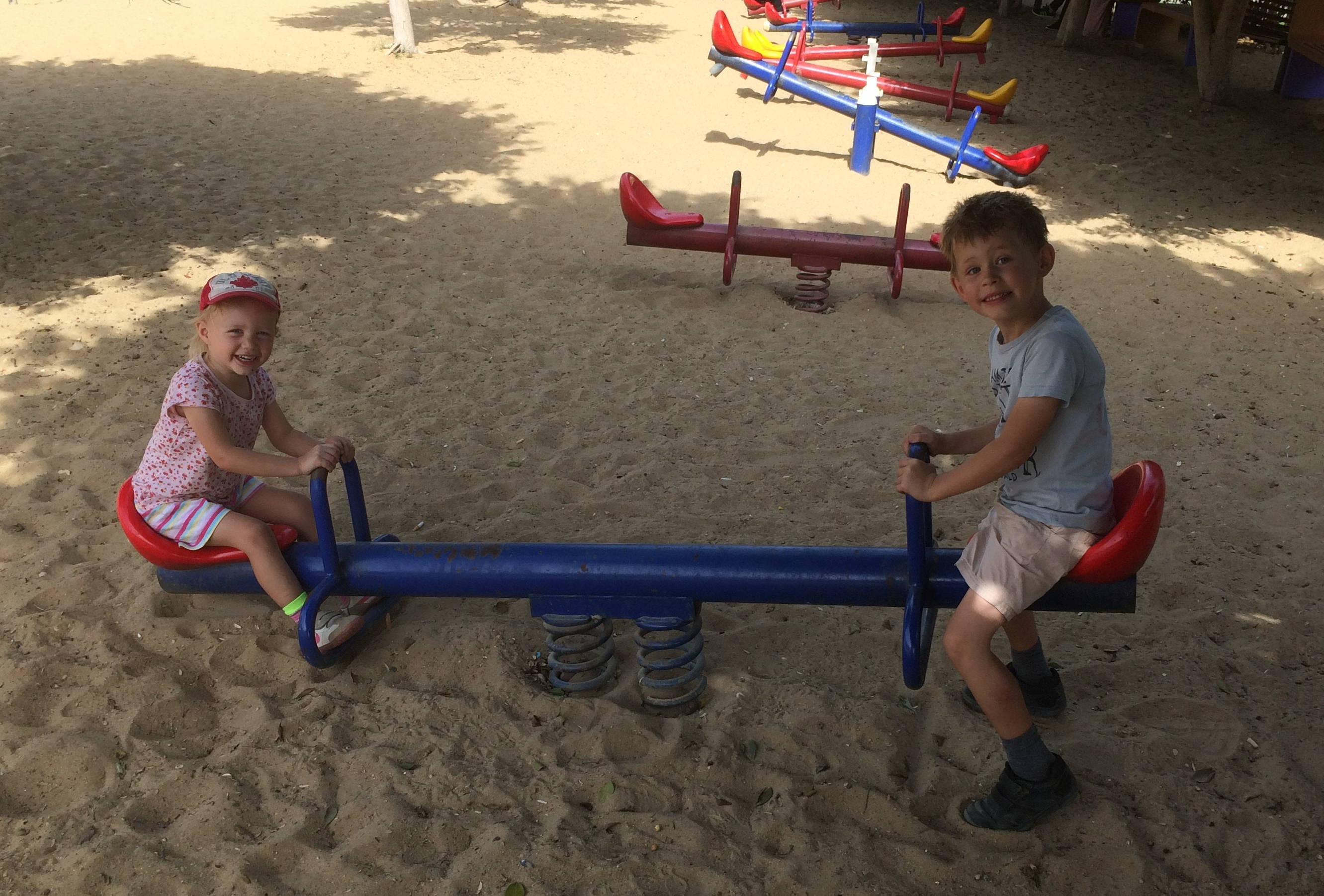A year ago, I wrote my final piece for the Maadi Messenger – the end of an era!
Five years ago, this month, my first article for the Maadi Messenger was published. It launched a series of 11 articles called ‘Through the Eyes of a Newbie’, charting my initial experiences of life in Cairo with a young family. The first one was about the best advice we’d been given before we arrived in Egypt – bring your favourite mug with you! Goodness knows how many cups of tea have now been drunk out of the mugs that my husband and I brought with us – but they are still intact and here with us five years later.
Those articles covered my biggest surprises, the importance of resting, the power of communication, of community and learning to redefine yourself in a new context. I wrote about the struggle that I felt saying goodbye to my new home when we left to visit family in England during that first year.
Once I realised that I could no-longer call myself a ‘newbie’ my column took on a new name – Outside In – continuing to comment on the everyday reflections of an outsider who considers Cairo to be home. Topics have been varied, many of them drawing on the experiences of raising a family overseas, observing my children as they grow, sharing my struggles and my revelations.
Throughout each of these articles, my goal has been to celebrate Egypt and to share my love for the country and its people. I have hoped to bring a little joy and light relief to those who are struggling to adjust, are missing home or to those who don’t always realise what an amazing country they were born in. I desired for my thoughts and musings to be an encouragement to those on a similar journey as me in understanding our roles as daughters, wives and mothers.
I have written previously about the importance of understanding seasons, and I have come to recognise that the season of writing ‘Outside In’ is over. Part of that is my children getting older. In September my youngest went to school – I am no longer a mum with little ones under my feet, consuming my every waking moment. That has meant a shift of focus for me. I am also aware that many of my articles are on a personal level and I freely share stories about my children and family life – children who are now capable of picking up the magazine and reading what I write about them!
This has not been a simple decision to make. I am deeply thankful to each of the editors of the Maadi Messenger for allowing me to develop a voice and to exercise a new skill of writing. I am especially thankful to Kees Hulsman who welcomed my initial contributions with enthusiasm. I am thankful to Mary Lai, as she took over the magazine, for involving me in the exciting season of working with Edmond Bower and Amanda Wentz as we sought to modernise the look of the magazine and keep it fresh for readers in Maadi and beyond. I am thankful to the current editor, Comfort Dickson, for graciously accepting my desire to step down and for encouraging me to continue to contribute one-off articles when I have something to offer.
Over and beyond these things, I am thankful to each of the readers who has come up to me and told me about the ways that my articles have resonated with them and touched them. As this was the main reason for me wanting to write in the first place, it was a joy to know I was succeeding in my goal.
Having worked in publishing for eight years, it was a big leap for me to put ‘pen to paper’ and be published. We used to joke in the office that just because every person has a book in them doesn’t mean it should be in print! But I have enjoyed finding a voice and exercising a new skill. It was a step in the unknown for me, but these things stretch us and grow us. Giving it up is also a big step. It is never easy to admit that something has come to an end, especially something good and enjoyable. But I have peace that now is the right time and I’m sure I will continue to use my writing in different ways.
As every expat knows, good goodbyes are an essential part of living overseas. It is important to celebrate the good things as well as to face and grieve the losses. This article is my good goodbye to five years of column-writing for the Maadi Messenger – celebrating and grieving at the same time! As I reflect on my writing journey, my challenge to you is to consider what new areas you could move into – or what things you might need to step away from for a season.
This article was published in the December 2019 edition of the Maadi Messenger





